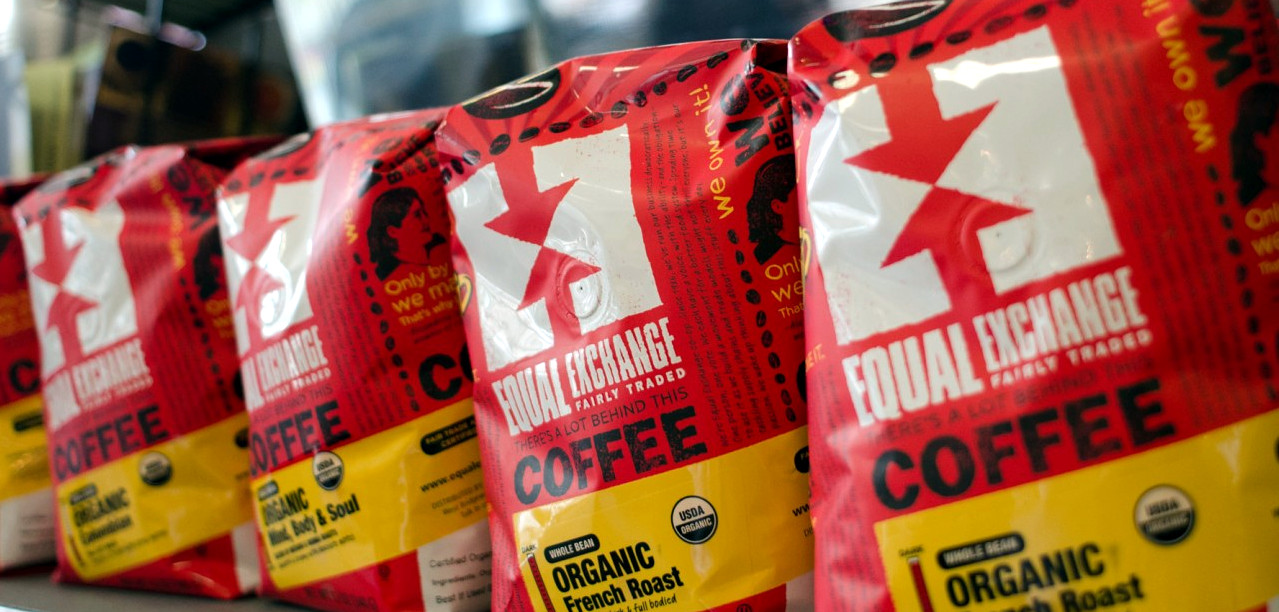Seminal research shows that sustainability is driving market growth in CPGs; products marketed as sustainable grew 5.6x faster than conventionally marketed products, and 3.3x faster than the CPG market.
Earlier this year, the NYU Stern School of Business Center for Sustainable Business and IRI® released the findings of a new U.S.-based study and established the Sustainable Share Index™, an in-depth analysis of consumer purchases of products that are marketed for their sustainable attributes — the research finds that these products are responsible for more than half of the growth in consumer packaged goods (CPGs) since 2013.
The research conducted by the Center for Sustainable Business found that sustainability-marketed products delivered 50.1 percent of market growth from 2013-2018, while representing 16.6 percent of the CPG market in dollar sales in 2018. To conduct the research, Stern’s Center for Sustainable Business partnered with IRI, which contributed its comprehensive point-of-sale data on US consumer purchases. The Center analyzed data from across 36 product categories, representing approximately 40 percent of total CPG sales, excluding tobacco and alcohol.
“Across industries, companies are beginning to recognize that sustainable business is good business,” said Tensie Whelan, professor at NYU Stern and founding director of Stern’s Center for Sustainable Business. “Results from this research reinforce the idea that embracing sustainability leads to better business results. We are excited to launch the Sustainable Share Index and look forward to continuing our research in the years to come.”
Additional findings include:
- Across all categories, sustainability-marketed products delivered $113.9B in sales in 2018 — +29 percent vs. 2013 — and are expected to grow to $140.5B by 2023, based on an extrapolation of the analysis.
- Products marketed as sustainable grew 5.6x faster than conventionally marketed products, and 3.3x faster than the CPG market.
- In over 90 percent of individual product categories examined, the growth of sustainability-marketed products outpaced total category growth.
- Sustainability-marketed products account for 16.6 percent share of market ($) in 2018, up from 14.3 percent in 2013.
- Sustainable products have more than 20 percent category share in many food categories, including natural cheese, salty snacks and coffee.
Get New & Updates About New Metrics ’19
Learn more about the preeminent conference on sustainability metrics, taking place November 18-20 in Philadelphia.
“CPG companies should take notice — the benefits of sustainability cannot be ignored,” said Randi Kronthal-Sacco, senior scholar of Marketing and Corporate Outreach at Stern’s Center for Sustainable Business, who led the research initiative. “In fact, this groundbreaking research shows the significant impact that sustainable products have on overall category growth.”
NYU Stern’s findings support a growing tidal wave of research pointing to the business case not only for sustainable products, but for communicating those attributes to consumers. More statistics have emerged from Pinterest, which recently reported that “sustainable living” is the most searched term around sustainability among Millennials and Gen Z (+69 percent since last year), while searches for “sustainable living for beginners” are up 265 percent; and from Cone Communications, whose recent research revealed a “purpose premium” for companies, showing that US consumers prioritize companies that are:
- Responsible (86 percent)
- Caring (85 percent)
- Advocates for issues (81 percent)
- Environmental stewards (79 percent)
- Philanthropic (73 percent)
“IRI is pleased to partner with NYU Stern’s Center for Sustainable Business on this eye-opening study,” said Robert I. Tomei, president of Market and Shopper Intelligence at IRI. “The results of this research show that sustainable products play a key role in consumer decision-making and we know this is particularly important to Millennials and Generation Z.”

